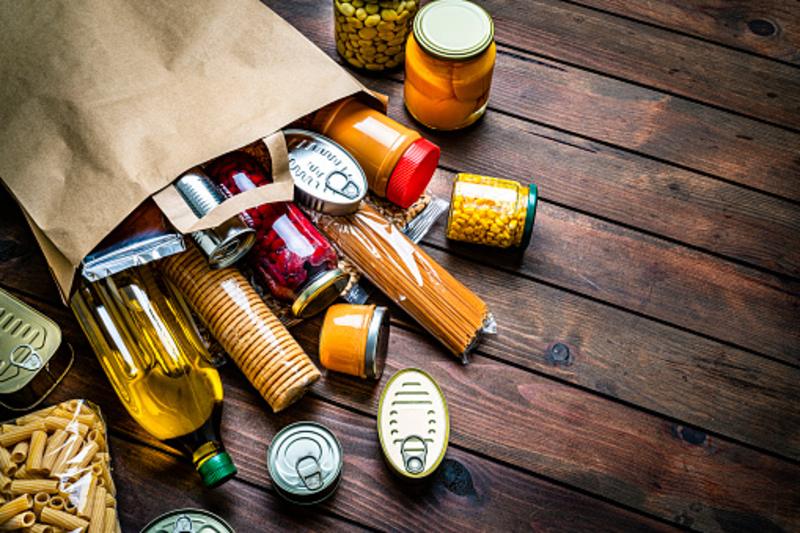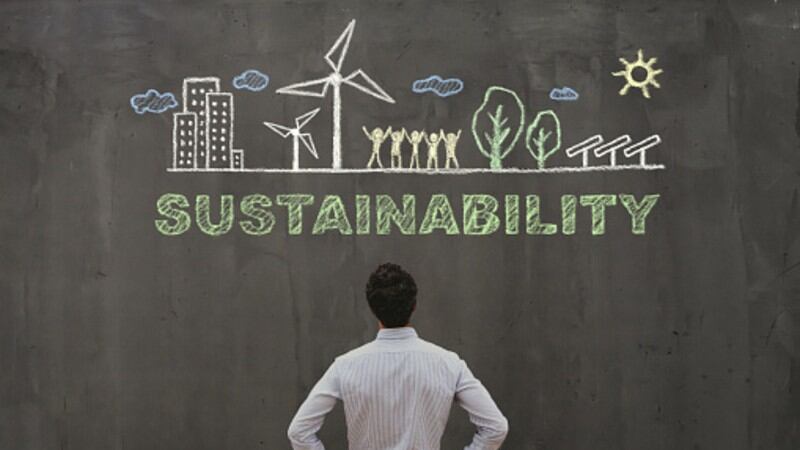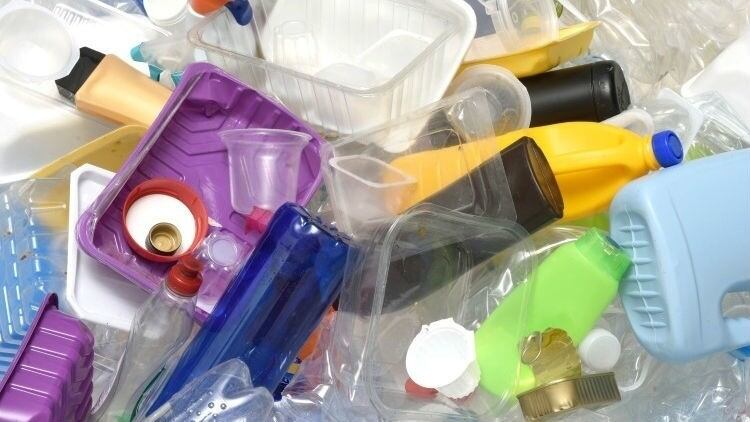South Korea nutrition claims: Tougher criteria imposed for RTE and RTC products
The South Korean government has imposed tougher criteria on ready-to-eat (RTE) and ready-to-cook (RTC) instant products that want to make healthier nutritional claims on pack, in an expansion of rules first placed on instant noodles earlier this year.
South Korea has been on the warpath against high-salt and high-sugar foods and beverages for the past several years, especially within the instant convenience foods space. This culminated in the development of strict standards to define low-salt and low-sugar foods and beverages last year which were enforced starting with instant noodles or ramen earlier this year, this being a staple food for the nation.
Several months on, the government has now prepared to expand the reach of these healthier product labelling standards to more products in the country, starting with RTE and RTC instant foods.
“We already know from a 2021 consumer perception survey of 2,147 consumers that 85.7% are willing to reduce their consumption and/or purchase of foods high in sodium and sugar, and 89.9% of respondents are willing to purchase products that are low-sodium and low-sugar,” Ministry of Food and Drug Safety (MFDS) Minister Kim Kang-lip said via a formal statement.
A lot of bottle? Coke HK aims for 100% recyclable packaging by 2025, 50% recycled material in bottles by 2030
The Coca-Cola Company and its bottling partner Swire Coca-Cola Hong Kong is targeting to make its packaging 100% recyclable by 2025 and use 50% recycled material in its bottles and cans by 2030 in a bid to minimise waste.
The first step for its Hong Kong firm was to re-launch the iconic glass bottle for eight beverages to achieve its mission of a “World Without Waste”.
“The world has a packaging problem. Being the world’s biggest beverage company, we have a responsibility to help solve it. This new design is part of our action to minimise waste in the market,” said its Director for Public Affairs, Communications and Sustainability in Hong Kong, Taiwan, Macau and Mongolia, Steve Deng.
Claims caution: Middle East manufacturers warned over off-pack claims as more governments take note
Food and beverage manufacturers in the Middle East have been urged to stop toeing the line in terms of making any off-pack claims for their products, given increasing awareness and warnings raised by governments in the region.
Off-back claims refer to all sorts of nutritional or health claims made about a product that are not found on the packaging itself, but communicated to consumers via television advertisements, radio channels, social media, YouTube channels, billboards and so on. These are far less regulated as compared to claims made on the actual product packaging, but according to local experts awareness of this issue amongst governments in the region is rising, and any firms still practicing this would do well to put a halt to such activities.
“Governments here in the Middle East are just now starting to be very aware of these off-pack claims and potential violations of local legislations, and more and more they are starting to raise their concerns to companies [though currently more as warnings as opposed to legal actions],” Tate & Lyle Regulatory Affairs & Nutrition Science Manager Dalia Zayan said.
Beyond barcodes: How CP Foods, Golden Agri, Thai Union and more are tapping new tech for safety and provenance
Major food and beverage firms in APAC, including Thai Union, CP Foods and Golden-Agri are tapping new teach beyond traditional barcodes and QR codes to ensure product authenticity, prevent adulteration and provide consumers with supply chain and origin information.
In this edition of the FNA Deep Dive, we take a close look at the rapid growth of this sector in terms of format and scale, and some of the newest options being developed.
Some of the most major issues faced by the industry in the region include high rates of food fraud and adulteration, food contamination, a lack of information and more – and although technologies to track products across the supply chain like the scanning of barcodes and QR codes have not been around for all that long, given the complexity of the food supply network, there are instances when the information these can encode and provide to both the product producers and consumers is no longer sufficient to satisfy demand, particularly with a rise in consumer awareness about food safety and product origins.
Major microplastic fears: People could ingest 5,000 pieces from takeaway containers each month
Chinese consumers who order takeaway food five to 10 times monthly could ingest 145 to a staggering 5,520 pieces of microplastics due to atmospheric sediment or particles flaking from the inner container surfaces.
The most common plastic types observed were polyamide, polyurethane and polystyrene, comprising 22.8%, 18.2%, and 8.5% of the number of particles of all microplastics, respectively.
“Increasing takeaway food consumption has caused various sustainability issues, including environmental sustainability issues and food safety… Plastic fragments are formed into macro, micro, and nanoparticles through various physical, chemical and biodegradation processes. This issue leads to an increased and wider proliferation and accumulation of microplastics and nanoplastics in the environment," said the study authors.





